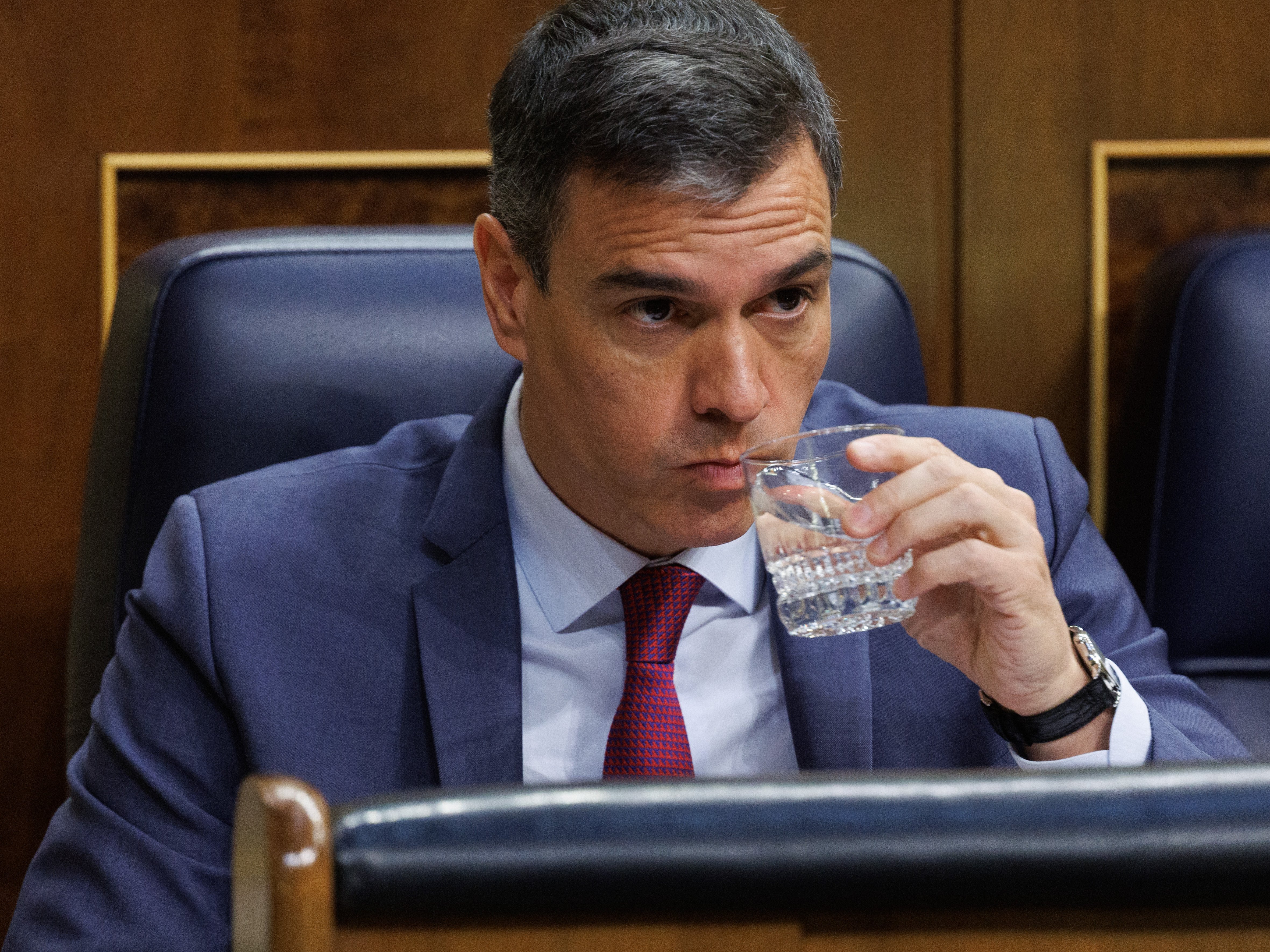In the areas of immigration and national security. These are, according to Pedro Sánchez, the locations of the benefits that Spain has obtained for having given way to Morocco and definitively abandoned the UN-recognized rights of Western Sahara, instead accepting Rabat's rule over the territory under an autonomy project. The Spanish PM appeared at his own request in the Congress of Deputies to speak, specifically, about the relationship with the North African country. The explanations, however, did not convince the parliamentarians of the lower house.
Pedro Sánchez opened the Congressional session this Wednesday talking about the economy - with an announcement on housing included - and Ukraine, and then tiptoed through Morocco, explaining some of the agreements that the PSOE executive has reached with Mohammed VI's kingdom. Thus, he mentioned agreements related to borders and air connectivity, but did not go into the substance of the matter, the question that has remained in the air for a year: what does Sánchez really expect from Morocco or what did he want to avoid with the decision - still incomprehensible to the rest of the parliamentary parties - to accept Moroccan demands on the former Spanish colony of Western Sahara, whose right to self-determination Spain had backed since the 1970s?
Despite questions from various parliamentary parties, Sánchez limited himself to assuring that Spain has now placed itself alongside a dozen European Union countries "that have the same position" regarding the Sahara, mentioning France, Germany, the Netherlands, Belgium, Luxembourg, Hungary, Romania, Cyprus, Austria and Greece. "This is a recognized position in the UN Security Council resolution," the Spanish president defended; in addition to insisting that Spain also claims that "all parties have to accept an agreement."
The Catalan Republican Left deputy, Marta Rosique, wanted to delve into this issue, telling Sánchez that "the only reason" for not wanting to investigate the espionage with Pegasus software by Morocco on Pedro Sánchez's own mobile phone is that "the information they have is really so dark and criminal that it's better that it doesn't see the light." "You are not against espionage, it is a policy of your government, and you began spying with Pegasus against the Catalan independence movement in 2019 - under your government, not that of the PP," the Republican deputy added.
One of the topics of conversation this Wednesday in the Congress of Deputies was the information published in the digital newspaper El Confidencial indicating that Morocco ordered the removal of former Spanish foreign minister Arancha González Laya. The PP tried to attack Sánchez with this information, but did not get a response. Government sources, however, have denied that the North African country was behind the dismissal, and explain that the Moncloa government palace is convinced that it was the former Spanish minister herself who wanted to spread this idea.

